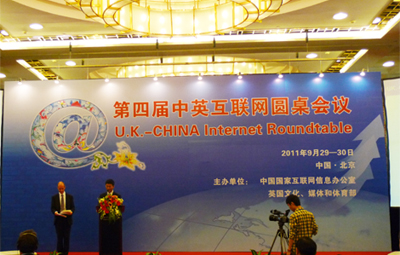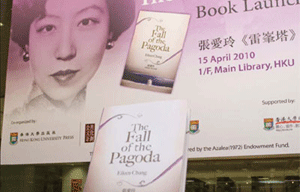Economists urge a redrawing of yuan roadmap
Updated: 2011-09-30 08:24
By Wei Tian (China Daily)
|
|||||||||
'Asymmetrical internationalization' frustrating policy effort, expert says
BEIJING - The roadmap for yuan internationalization should be revised, as it has failed to achieve the specific objectives of lowering exchange rate risks and reducing foreign exchange reserves, economists said.
China has been pushing the use of the yuan in trade settlement as a starting point for the currency's internationalization.
However, the yuan is experiencing an "asymmetrical internationalization", which means the market wishes to lend in the currency, but no one wishes to borrow in it, said Yu Yongding, former central bank advisor and editor-in-chief of China & World Economy magazine at the Chinese Academy of Social Sciences.)
Yuan trade settlements haven't yielded many benefits so far for China because of the imbalances that result from paying for imports with yuan and receiving export proceeds in dollars, he said in a recent article.
"There's obvious evidence that use of the yuan in trade settlement will not lead to declines" in new additions to the nation's foreign exchange reserves, he said.
Further, if the yuan doesn't gain acceptance in the settlement of Chinese exports, it won't help exporters reduce exchange rate risks arising from the fluctuating dollar, he said.
Yu commented further on the issue at an international economics conference organized by the China & World Economy magazine in Beijing last week.
He said that China's $3.2 trillion in foreign exchange reserves are subject to capital losses because of possible dollar depreciation. Further, he said, expectations of a stronger yuan are attracting "hot money", or speculative capital.
Last defense
Yu said that China should retain its capital controls as "the last defense for its financial stability" because such controls are still a good safeguard against speculative inflows.
Meanwhile, Yu suggested that exchange rate policy reform should go faster and precede yuan internationalization.
Liu Ligang, head of Greater China Economic Research with the Australia and New Zealand Banking Group, said that the yuan internationalization process seems to have followed an unorthodox approach.
"While interest rate controls remain, and restrictions on entry continue, capital account liberalization with the yuan as a trade and investment currency moves ahead," Liu said at the conference.
But he warned that the repatriation of the proceeds of yuan-denominated bonds raised in Hong Kong (the so-called dim sum bonds) is a form of capital inflow, which has the potential to neutralize the central bank's sterilization efforts and compromise its fight against inflation.
Like Yu, Liu also said that China's priority is to liberalize interest rates before accelerating the process of yuan internationalization because of the "severe" negative real interest rate problem.
At present, the gap between China's one-year deposit rate and the official monthly consumer inflation rate is hovering at about 3 percentage points.










